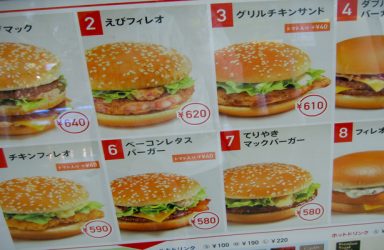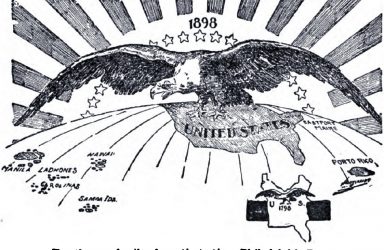Agricultural Overproduction and the Deteriorating Environment
Overproducing food, while allowing for food security, also disrupt world markets as well as causes immense environmental damage to soil and water supplies.
Have Western Powers Lost the Art of Strategy?
‘Strategy’ is a concept Western powers have struggled to define throughout history, and never truly owned. The 2003 Iraq War was a clear embodiment of this struggle.
The US Invasion of Iraq: Marxist and Defensive Realist Perspectives
While Marxism attacks the United States for its greedy intentions in invading Iraq, defensive realism explains why it invaded due to its role as the global superpower.
The Myth of Soft Power in Asia
Soft power, unless blended appropriately with hard power, cannot insert influence in international relations and serve as an effective diplomatic tool.
Assessing the Relationship between Power and Morality in Nonviolent Action
Nonviolent action can simultaneously be pragmatic in its power to achieve the desired goal and principled by being rooted initially in morality.
Discrete Diplomacy: Oman and the Iran Nuclear Deal
Exploring Oman’s mediating role in facilitating the initial US-Iranian talks reveals how it can aid the US’s strategic goals in the Persian Gulf and the Middle East.
The Significance of the US War on Terror Policy for the Japan-US Relationship
Japan’s participation in the War on Terror might have played an important role in making the Japan-U.S. relationship a global alliance.
US Foreign Policy and the 1973 Coup in Chile
Containment theory and its tendency to promote blunt thinking, especially in the Americas, was the prime factor affecting the logic behind US support for the coup in Chile.
Explaining US Hegemony: A Neo-Gramscian Synthesis of Pantich, Gindin and Konings
Transnational Historical Materialism, post-war reconstruction via the Bretton Woods System and the corporate-liberal paradigm help explain the persistence of US hegemony.
Snake Oil: US Foreign Policy, Afghanistan, and the Cold War
Afghanistan has become a “snake country”: where loyalty can only be rented, solutions are always temporary, and the law of the stronger prevails.













